Tiens Spirulina Capsules
Original price was: ৳ 2,793.00.৳ 1,800.00Current price is: ৳ 1,800.00.
- Description
- Reviews (0)
Description
Tiens Spirulina Capsules
Tiens Spirulina Capsules
Ingredients: Spirulina Powder (Spirulina platensis), Karoten.
Tiens Spirulina Capsules are selected from unpolluted, long exposure to sunlight type of Spirulina from Lake Chati area. It is better than those artificially grown in terms of purity.
It is made of dried Spirulina. The result of scientific research has confirmed that Spirulina contains easy-to-digest vegetable protein, various vitamins and essential fatty acid (GLA) that is rare to find in other foods.
Nutrients and other elements
Protein
Spirulina contains an unusually high amount of protein, between 55% and 77% by dry weight, depending upon the source. It is a complete protein, containing all essential amino acids, though with reduced amounts of methionine, cysteine, and lysine when compared to the proteins of meat, eggs, and milk. It is, however, superior to typical plant protein, such as that from legumes.
Essential fatty acids
Spirulina is rich in gamma-linolenic acid (GLA), and also provides alpha-linolenic acid (ALA), linoleic acid (LA), stearidonic acid (SDA), eicosapentaenoic acid (EPA), docosahexaenoic acid (DHA), and arachidonic acid (AA).
Vitamins
Spirulina contains vitamin B1 (thiamine), B2 (riboflavin), B3 (nicotinamide), B6 (pyridoxine), B9 (folic acid), vitamin C, vitamin D,vitamin A, and vitamin E.
B12
The bioavailability of vitamin B12 in Spirulina is in dispute. Several biological assays have been used to test for the presence of vitamin B12. The most popular is the US Pharmacopeia method using the Lactobacillus leichmannii assay. Studies using this method have shown Spirulina to be a minimal source of bioavailable vitamin B12.[9] However, this assay does not differentiate between true B12 (cobalamin) and similar compounds (corrinoids) that cannot be used in human metabolism. Cyanotech, a grower of spirulina, claims to have done a more recent assay, which has shown Spirulina to be a significant source of cobalamin. However, the assay is not published for scientific review and so the validity of this assay is in doubt.[10] The American Dietetic Association and Dietitians of Canada in their position paper on vegetarian diets state that spirulina cannot be counted on as a reliable source of active vitamin B12.
Minerals
Spirulina is a rich source of potassium, and also contains calcium, chromium, copper, iron, magnesium, manganese, phosphorus, selenium, sodium, and zinc.
Photosynthetic pigments
Spirulina contains many pigments including chlorophyll-a, xanthophyll, beta-carotene, echinenone, myxoxanthophyll, zeaxanthin, canthaxanthin, diatoxanthin, 3′-hydroxyechinenone, beta-cryptoxanthin, oscillaxanthin, plus the phycobiliproteins c-phycocyanin and allophycocyanin.
Indications of Spirulina
In animal and human studies, spirulina has shown to enhance immune function. It appeared to increase production of anti-inflammatory chemicals known as interferon and interleukins. Consequently, some researchers believe that spirulina may decrease or prevent some allergic responses and block the release of histamine from mast cells during an allergic reaction. By blocking histamine release, spirulina may prevent or lessen histamine’s effects, which include blood vessel expansion, muscle contraction, and stomach acid production.
Spirulina may produce anticancer effects due to its antioxidant and immune-enhancing properties. Another way that spirulina may help to fight cancer is by promoting the release of tumor necrosis factor-alpha, a chemical in the body that attacks tumor cells.
Spirulina also appears to block the entrance of viral cells into host cells. Several viruses, including HIV (the virus that causes AIDS), were apparently killed or damaged by spirulina or chemicals derived from it in recent clinical trials. Additional animal studies have somewhat substantiated these antiviral effects, but much more study is needed to prove spirulina’s ability to treat and prevent viral diseases.
Evidence of health and healing effects
Despite existing research supporting Spirulina’s health and healing properties, detractors claim that these are frequently overstated by Spirulina advocates. Conversely, Spirulina advocates have accused health food detractors of dismissing all such claims without acknowledging this research. Many positive claims are based on research done on individual nutrients that Spirulina contains, such as GLA, various antioxidants, etc., rather than on direct research using Spirulina. What follows is research on the health and healing effects of Spirulina. In vitro research (e.g., studying cells in a petri dish) may suggest the possibility of similar results in humans but, due to the drastically different conditions of the research, provides only hints at the potential for human effects. Animal research can also provide evidence of potential human effects. Human research focuses on actual effects in humans – however, the validity and reliability of the research depends on the design of the study. The strongest evidence comes from well-designed and controlled clinical trials, which are one type of human research study.
Spirulina Main Benefits:
- Prevents and inhibits cancerous oral lesions
- Stimulates immune defenses and inhibits replication of certain viruses
- Prevents heart disease (lowers cholesterol)
- Provides antioxidants and other nutrients
- Increases energy and mood
- Improves weight loss


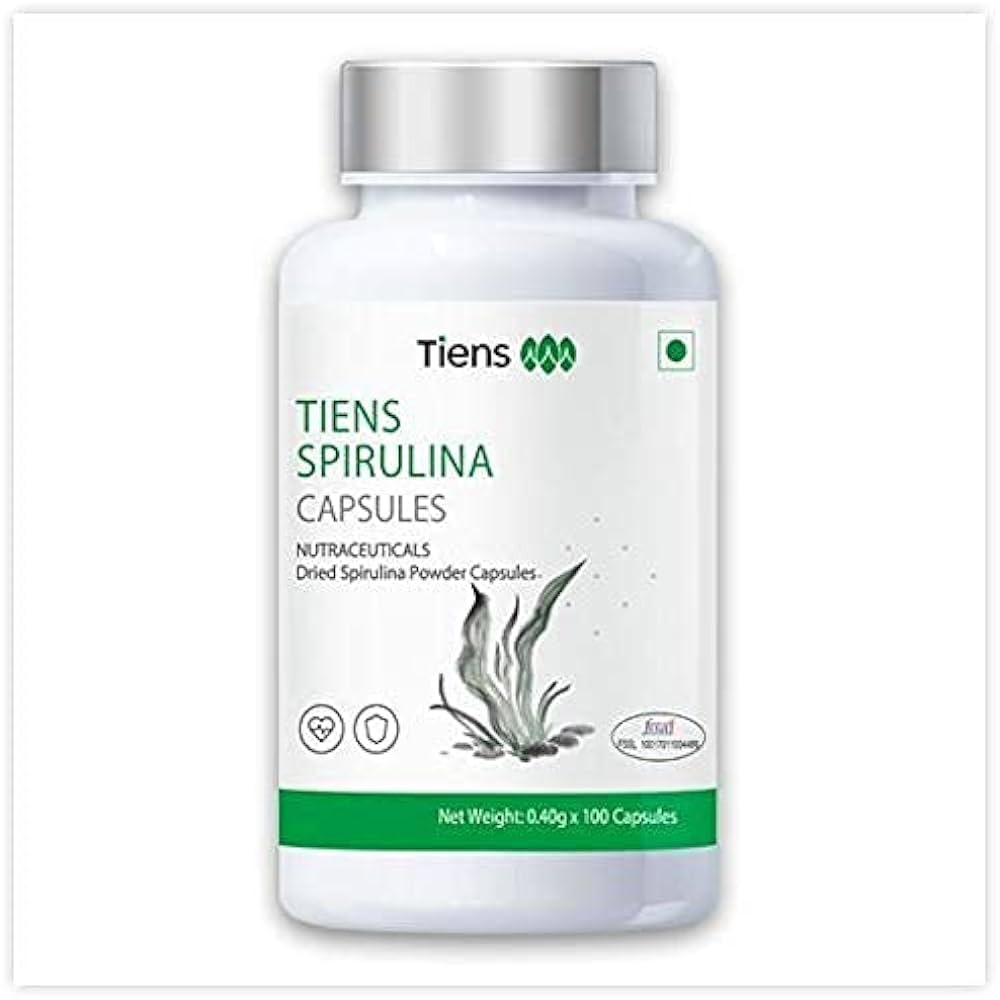
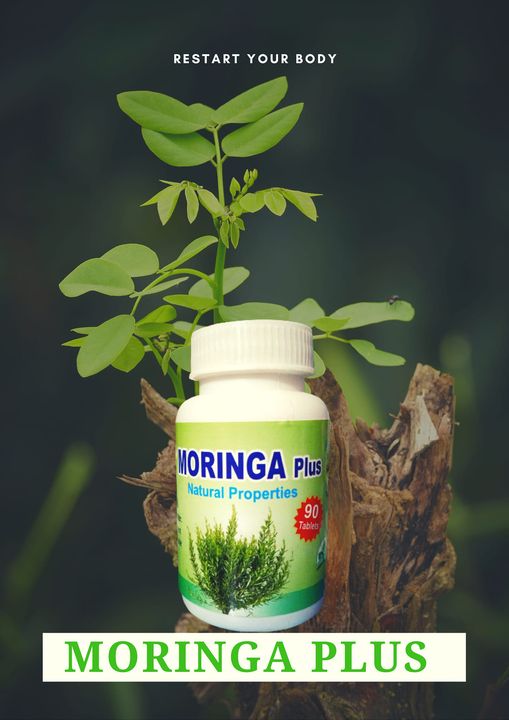

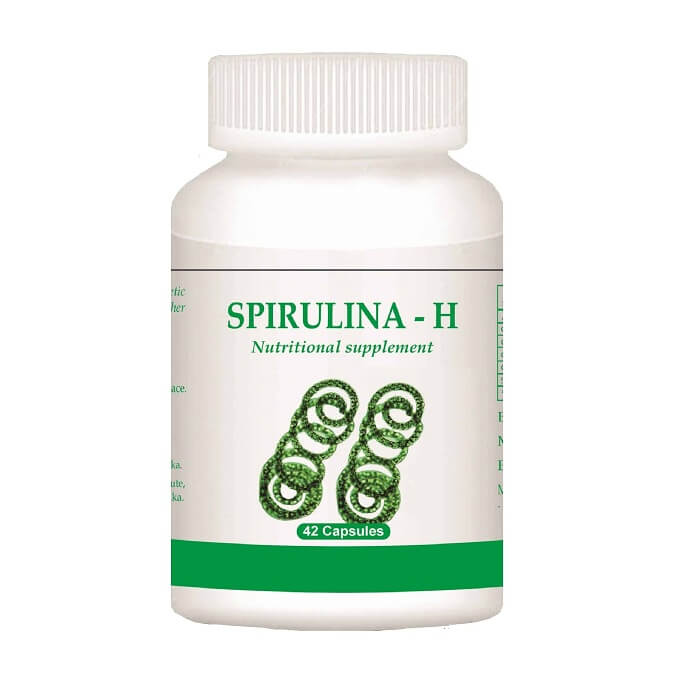
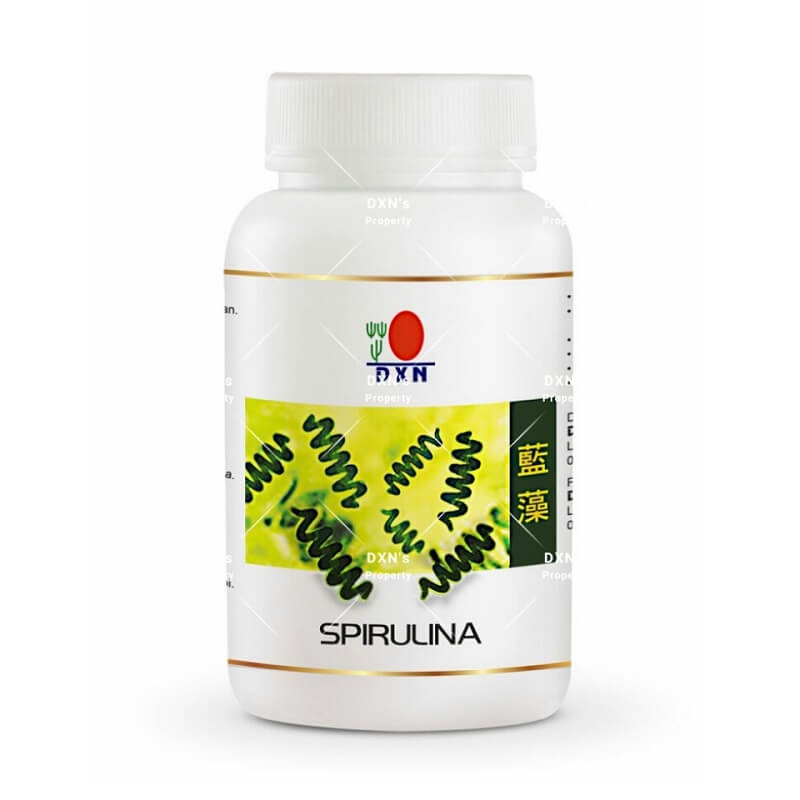
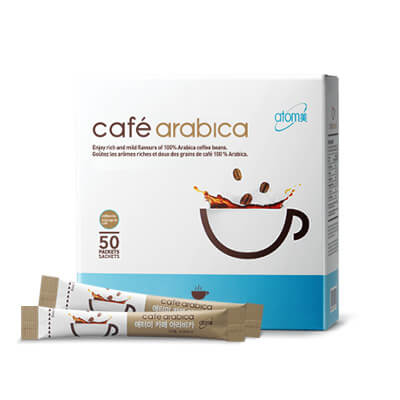
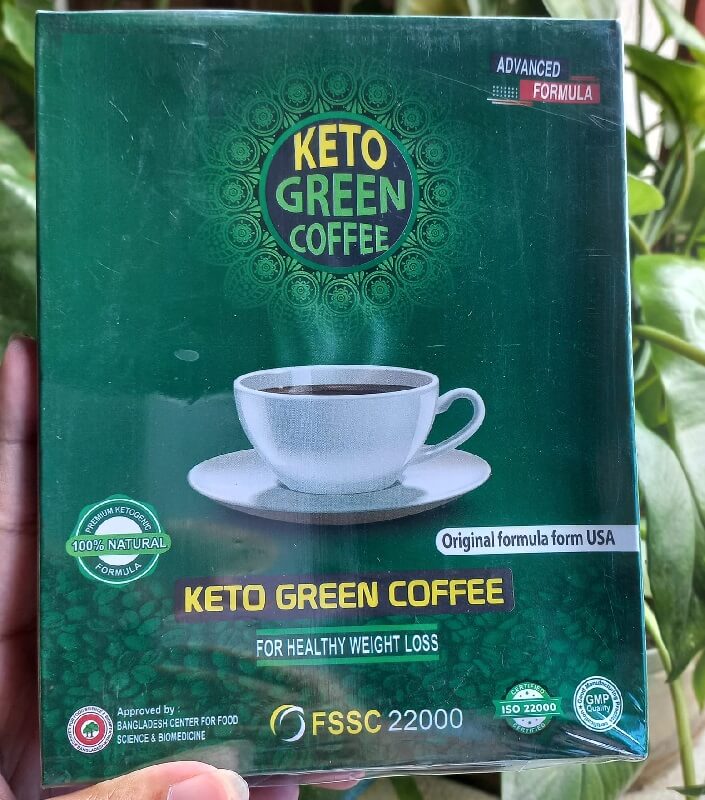
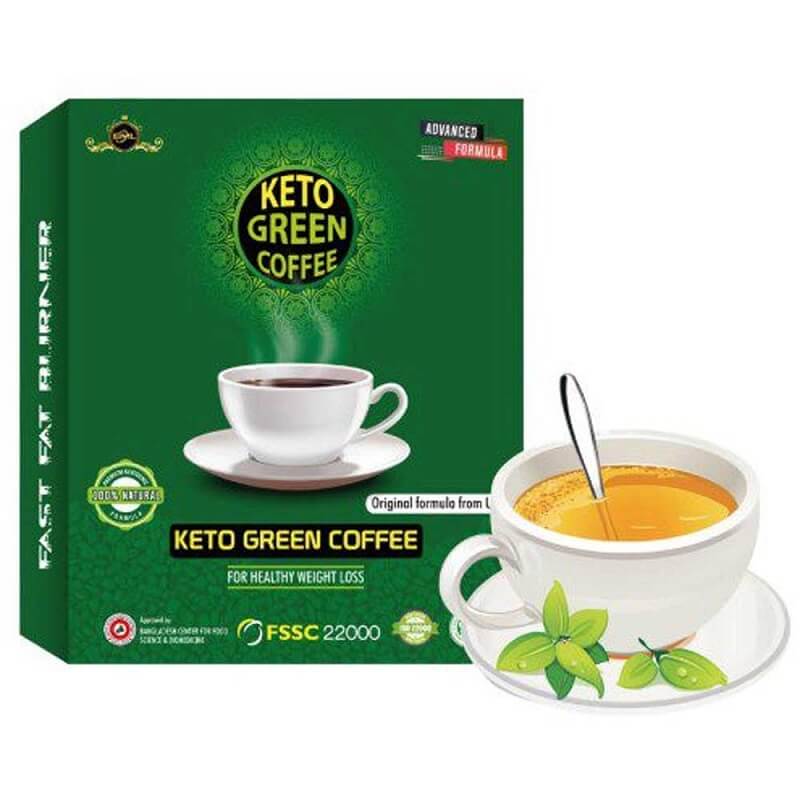

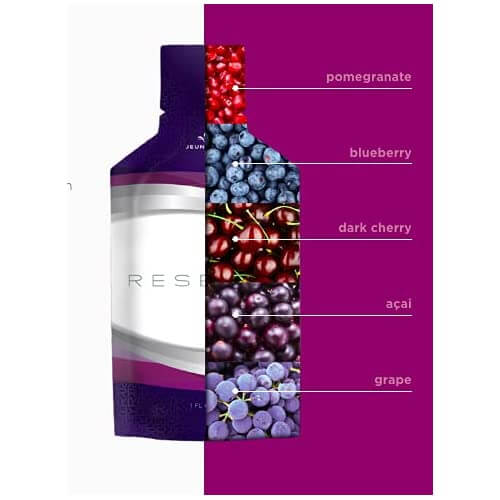
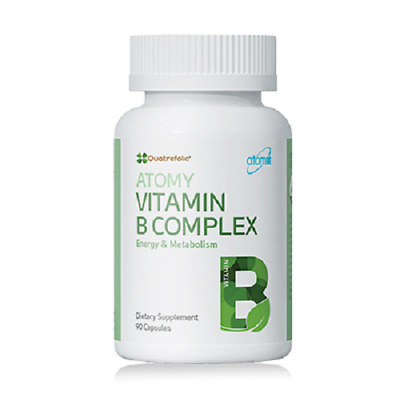
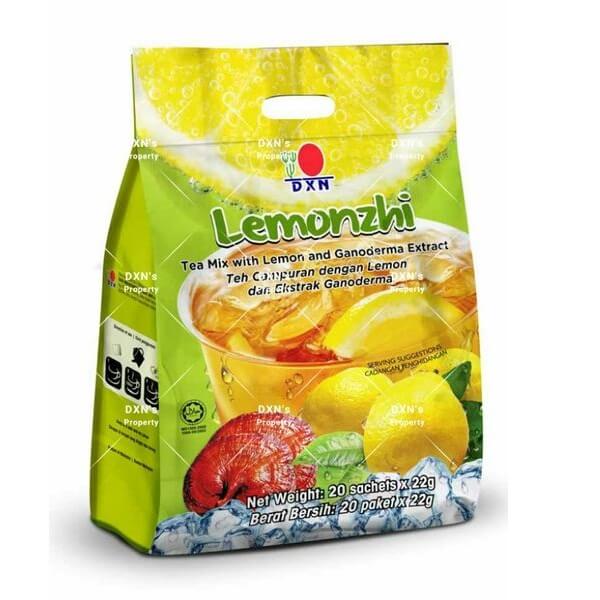
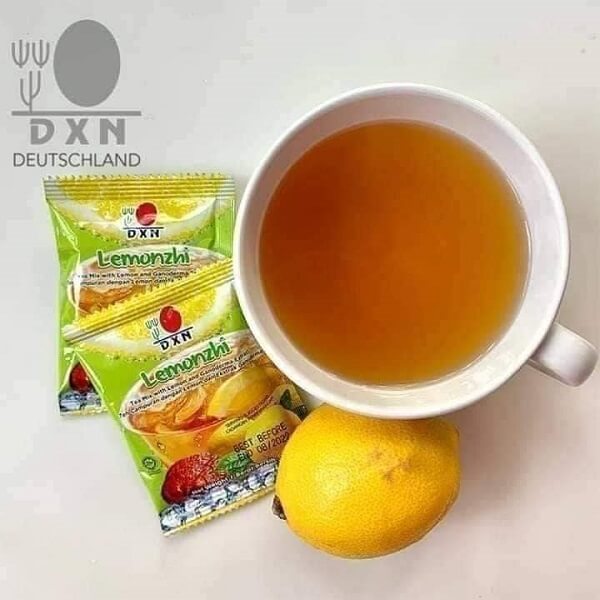
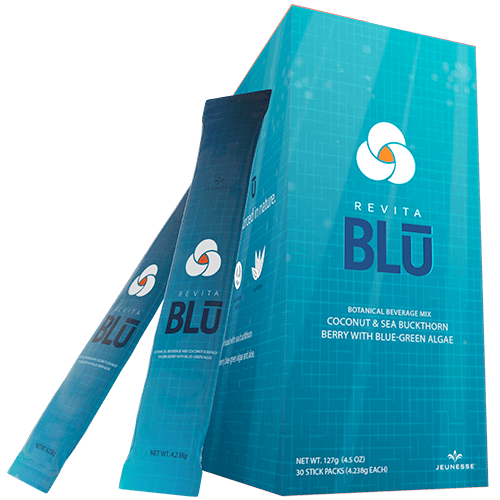
Reviews
There are no reviews yet.